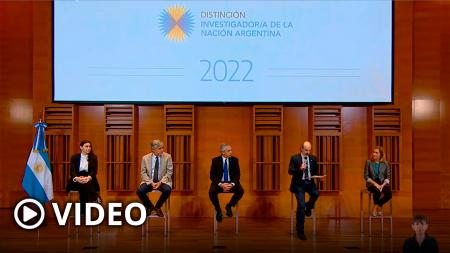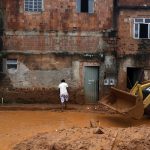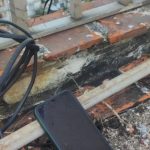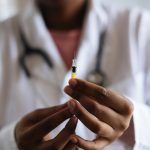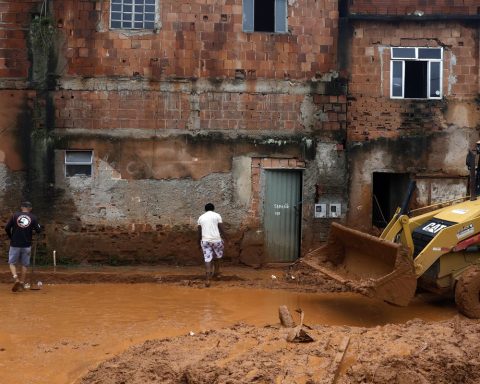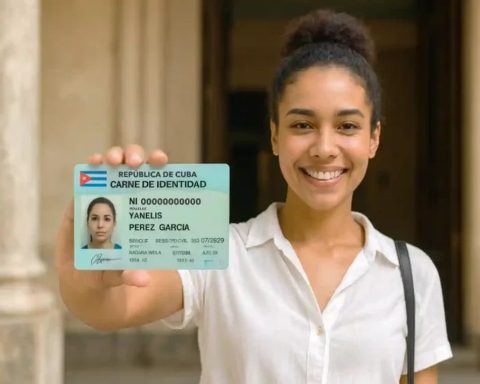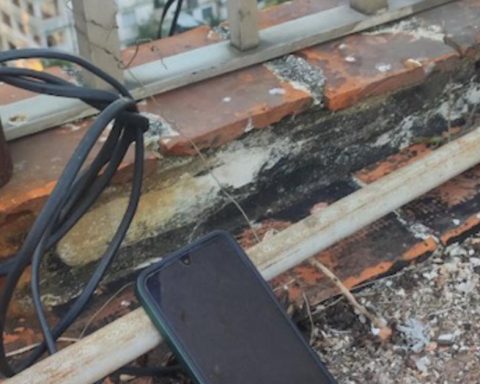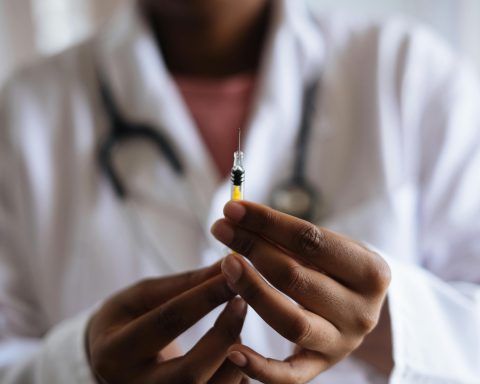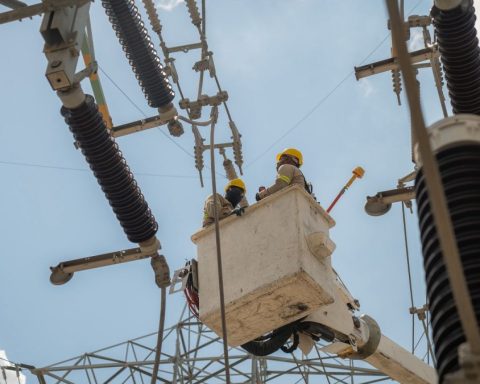President Alberto Fernandez claimed the role of science and technology in the path of “development” and “equal opportunities” in the countryand assured that while he remains in the Casa Rosada he will put “all the money that is needed” in that area because “this is an investment for the future”, leading the delivery of the Houssay, Houssay Trajectory and Jorge Sábato Awards to researchers in the Auditorium of the Cultural Center of Science (C3), in the Buenos Aires neighborhood of Palermo.
“The future of a society depends on the development of science,” said the president in the act in which the National Researcher Distinction was also awarded, and affirmed that while he is head of State the Government will invest “all the money that is necessary so that science continues to develop in Argentina”.
Accompanied by the Minister of Science, Technology and Innovation Daniel Filmus, the President supported the government’s decision to guarantee the financing of science and technology, by stating that “I am not spending money there, I am investing in the future, in knowledge” and pointed out that “this investment is priceless”.
“Science is something wonderful that involves us all and sometimes we don’t realize how it involves us”, evaluated the Head of State who, in another part of his speech, said that he was “very happy with the criteria that this award had and see that the scientific and technological quality of the interior of the country is rewarded”.
To show the value that his management gives to education and science, Alberto Fernández mentioned his presence yesterday along with the unions and authorities of the educational portfolio at the closing meeting of the teaching joint and presented the way in which it was sealed. the salary agreement of that sector as an initiative tending to “value education”.
“I wanted to come to the house of science, which is this Ministry, which I hope will never cease to be a Ministry again,” said Fernández about his decision to move from the White Room of the Casa Rosada to the Cultural Center of Science (C3), the delivery of the awards, organized by the Ministry of Science, Technology and Innovation, which recognize those who contributed in their scientific career to produce new knowledge, develop innovations with a social and productive impact, promote the transfer of knowledge and the training of human resources.
This presidential decision had been highlighted minutes before by Filmus himself, who thanked the president for his presence at the scientific pole, when the ceremony is usually held at the Government House, and said that the head of state asked him “especially to do the act” in that area.
“Science is something wonderful that involves us all and sometimes we don’t realize how it involves us”Alberto Fernandez
“It is not by chance, because we have a President and a Vice President who had a lot to do with this technological pole,” he said about the center located in the Buenos Aires neighborhood of Palermo and which was built during the Cristina Fernández de Kirchner government, and thanked ” budget support and support for the area”.
Likewise, he maintained that “the idea that Alberto and Cristina put forward to us is to create the conditions for State policies” and stressed that “by supporting scientists, what one does is solve the problems of our people.”
In the 2022 edition of these awards, the following areas of knowledge were convened: Health Sciences, Engineering, Architecture and Computer Science, Environmental Sciences and Technologies and Human Sciences, it was officially reported.
The Houssay Awards, for each area of knowledge, selected a winner, who received a medal, a diploma and $300,000.
The winners were María Cecilia Gallero (Human Sciences Area), Marta Alicia Toscano (Health Sciences Area), María Laura Foresti (Engineering, Architecture, Computer Science Area), and Natalia Paola Chacoff (Environmental Sciences and Technologies Area) .
The Houssay Trajectory Awards, for each area of knowledge, selected a winner or a winner, who received a medal, a diploma and $500,000.
The winners were Florencia Luna (Human Sciences Area), Andrea Vanesa Gamarnik (Health Sciences Area), Eduardo Ernesto Miro (Engineering, Architecture, Computer Science Area), and Marta Irene Litter (Environmental Sciences and Technologies Area).
Meanwhile, the Jorge Sábato Award selected a finalist for each area of knowledge that has developed most of their scientific activity in the country and among them the winner was chosen who received a medal, a diploma and $500,000.
In this edition, the Jorge Sábato Award was won by Hugo Héctor Ortega.

In turn, for the Distinction Award for the Researcher of the Argentine Nation, the National Executive Branch designated Dr. Andrea Vanesa Gamarnik as the winner, who received a gold medal and $2,500,000 as the award.
In the ceremony in the C3 auditorium, which was filled with academics, scientists and authorities from the Conicet, as well as from other organizations that conduct science in Argentina, Diego Urtado, Secretary of Planning and Policy in Science, Technology and Innovation also participated; Celeste Saulo, head of the National Meteorological Service, and Marina Baima, secretary of Science, Technology and Innovation of the province of Santa Fe.
In his presentation, Urtado celebrated that 2022 is the third edition of the awards, as a sign of continuity in the support that the sector has had since Alberto Fernández took office in 2019, something that contrasted with the “dramatic abandonment” suffered by the sector during the administration of Cambiemos.
After recalling that the delivery of these awards had been “discontinued” by the government of Mauricio Macri, he remarked the “national scale” that the awards acquired with “more than 260 applications” throughout the country.
Speaking after receiving her distinction as a researcher from the Argentine Nation, Gamarnik vindicated the role and existence of the public university, without which she said “I would not have been able to study”, affirmed that the award she was awarded “involves many people, institutions “, among which he mentioned the University of Buenos Aires (UBA), the Leloir Institute and the Conicet, which he described as a “permanent hotbed” of new researchers.
“This is not just a recognition of the rigorous scientific work sustained for a long time in our country, it is an award for a form of teamwork, solidarity and rigorous,” said Gamamik, who highlighted the role played by national scientists during the pandemic, with, for example, the own development of the test kit to detect Covid-19.
The award-winning scientist closed her speech stating the need for society to empower itself with science and technology, because she said that this is the only way to achieve that “science policy is a State policy that does not depend on the government of the day.”
